Antimicrobial Resistance
When medicines fail, lives hang in the balance. APHA is a leading force in the UK’s fight against antimicrobial resistance, driving action through surveillance, research, and the National Action Plan.
APHA's Ramon Maluping talks about how a UK–Philippines workshop empowered labs with vital skills to combat antimicrobial resistance and protect health, food systems, and the environment.
APHA's collaboration with Qatar University aims to share expertise, support research to control the spread of AMR in food-borne pathogens and promote best practices to minimize consumer risks.
Read how APHA has been actively supporting many Low-and Middle-Income Countries through training via its FAO Reference Centre for AMR.
This World Antimicrobial Resistance Awareness Week, find out more about how APHA plays a key role in protecting animals and people from this global risk.
APHA hosted visitors from the National Meat Inspection Services (NMIS) of the Philippines in the summer this year, visiting the UK FAO Reference Centre for AMR. Read more about their experiences in this guest blog.
This World AMR Awareness Week (WAAW) we have invited colleagues from the three agencies in the UK Reference Centre for Antimicrobial Resistance to share what they are doing to build AMR awareness internationally.
Antimicrobial Resistance (AMR) is a global threat to both animal and human health. In this blog, APHA’s Tom Chisnall explains what AMR is and how antibiotic resistant bacteria found in migratory birds, could affect farm livestock.
Antimicrobial resistance (AMR) is one of the top ten global public health threats. Read more about how APHA and partners harness their expertise to help partners located in low- and middle-income countries to develop their approach to investigating AMR and antimicrobial use.
Antimicrobial resistance (AMR) occurs when microorganisms no longer respond to medicines used to treat infection. Learn how APHA and partners are helping to tackle the threat of AMR in Qatar and Bangladesh.
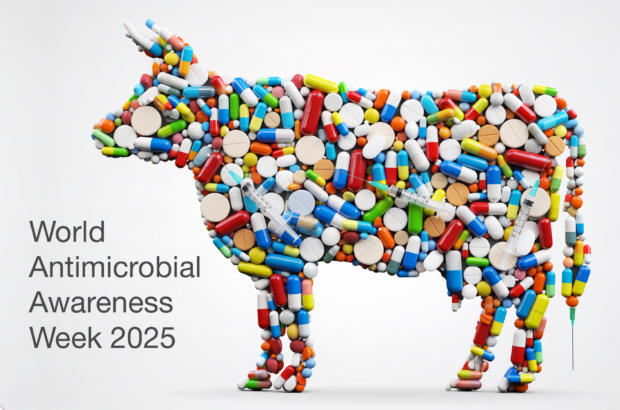

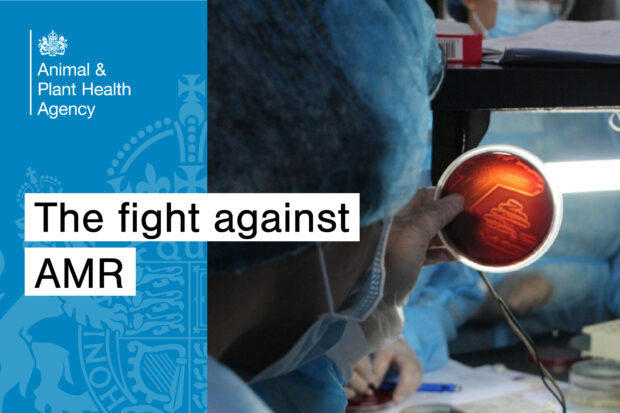
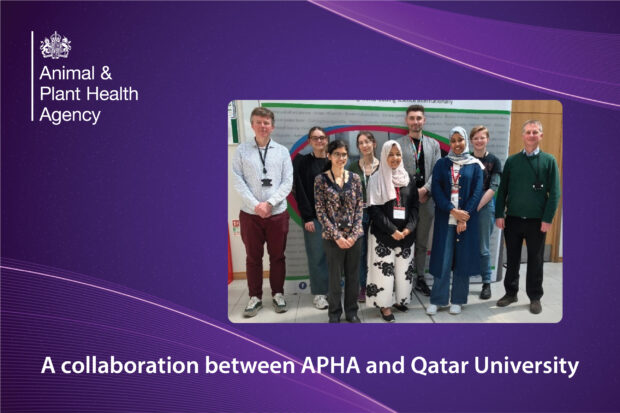
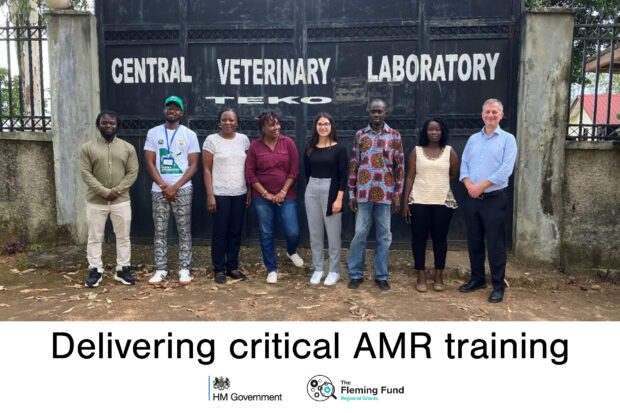


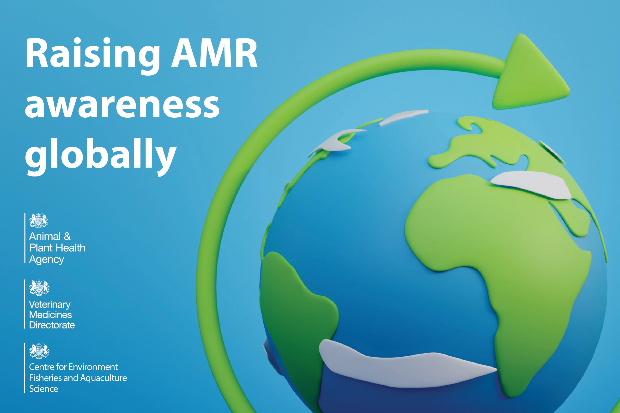
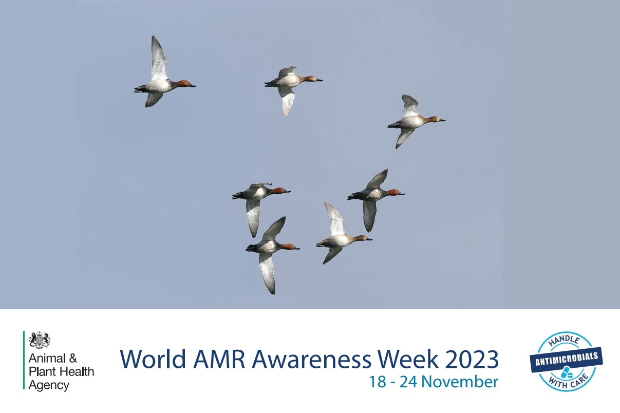
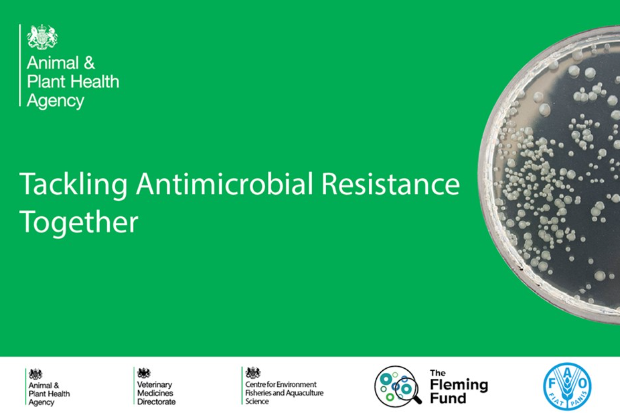

Recent Comments